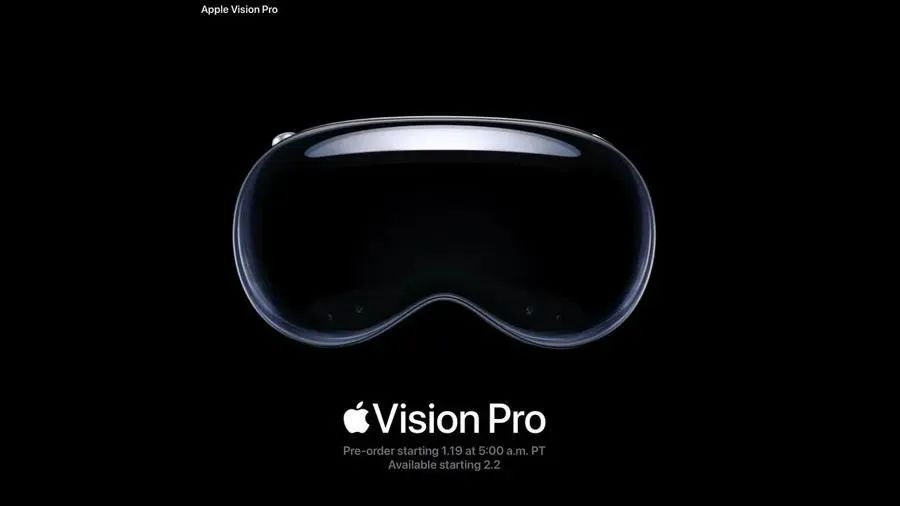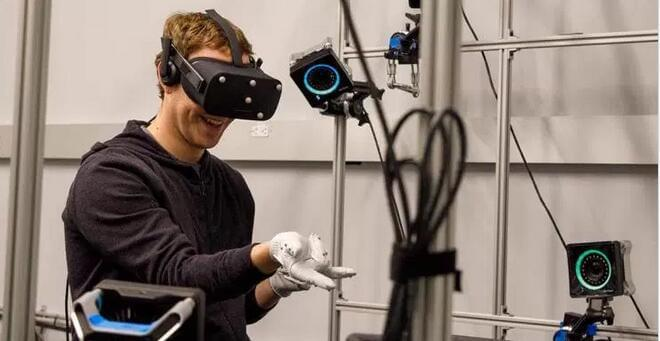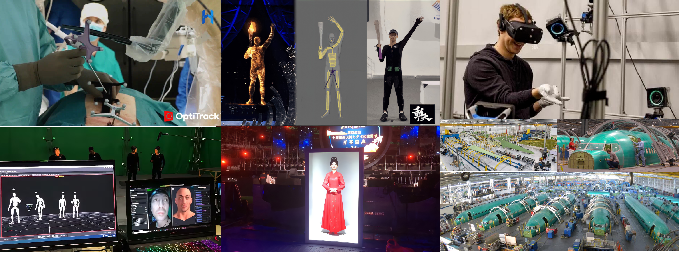Leyard Virtual Point gets ready for the spatial computing era
On January 8, Apple announced the launch of Apple Vision Pro on February 2 in the United States. CEO Tim Cook said, "The era of spatial computing is here."
Vision Pro is a revolutionary spatial computer that seamlessly blends digital content with the physical world, while allowing users to interact with applications through their eyes, action, and voice. It starts a new era by bringing about changes in interaction, display effect, business model, etc.

Technologies in focus such as "spatial computing" and “spatial positioning” are covered by core technologies on which Virtual Point under Leyard has been working for many years. As a leader in spatial computing and virtual reality, the AI-empowered company has developed optical, inertial, markless recognition and other spatial algorithms, enabled spatial computing scenarios and applications in connection with gestures and expressions of human body and with volume, area, position, relation, shape and size of objects, and had the most technology reserves in the industry.

Zuckerberg using OptiTrack camera to track and sense VR gloves
With the world-leading spatial computing technology, Virtual Point under Leyard has partnered with and empowered many well-known companies at home and abroad including Meta, Boeing, TikTok and Alibaba over the years. From empowering the production of games such as "Call of Duty" and "The Strongest NBA" to helping successfully complete the world's first surreal surgery; from serving Hunan Satellite TV's digital presenter Yang to assisting the first "digital human" ignition at the opening ceremony of Asian Games Hangzhou, from supporting Hollywood movies such as "Avatar" and "The Avengers" to serving domestic blockbusters like “The Three-Body Problem” and “Creation of the Gods”… Virtual Point suits various needs from individual applications to industrial manufacturing with solutions for film & television, education, industry, games, sports, culture and art, among others. Many of its solutions have been applied to scenarios, including virtual shooting, industrial simulation, digital human interaction, telemedicine, e-commerce livestreaming, and exercise rehabilitation.

Being well-prepared enables slow but steady progress. With vast amounts of motion capture data accumulated over many years, Virtual Point has successfully developed “LYDIA” large action model. The professional ability model recognizes, perceives, predicts, and generates spatial action data to understand such data and generate actions effectively, and is applicable to film & TV, e-commerce, animation production and games.
The ear of spatial computing has begun. We believe that the maturing AI, motion capture, large model will foster new business models and deliver greater business value. Virtual Point will leverage its strengths to explore opportunities in the ocean of VR with various industries and empower them with spatial computing!







